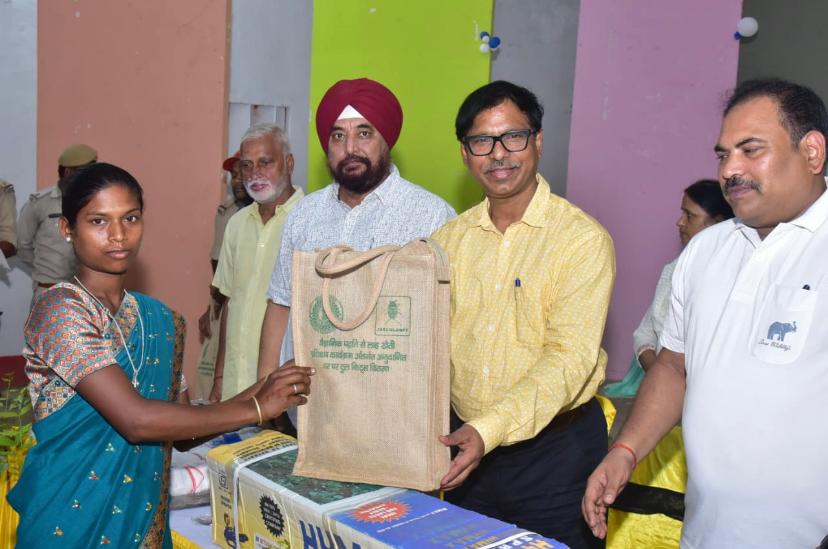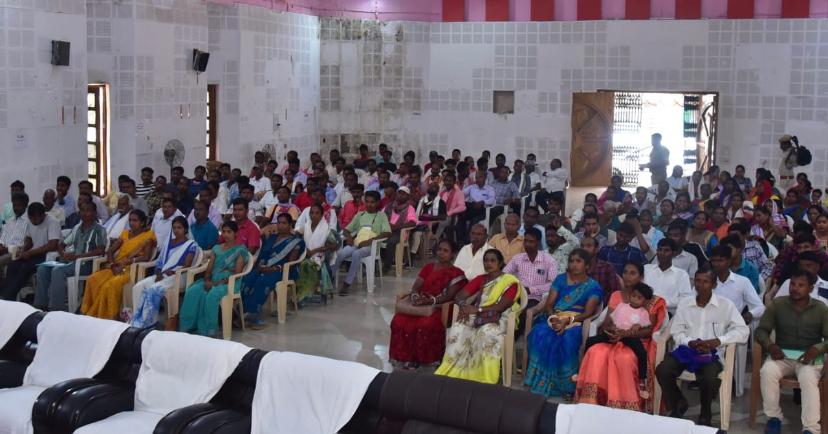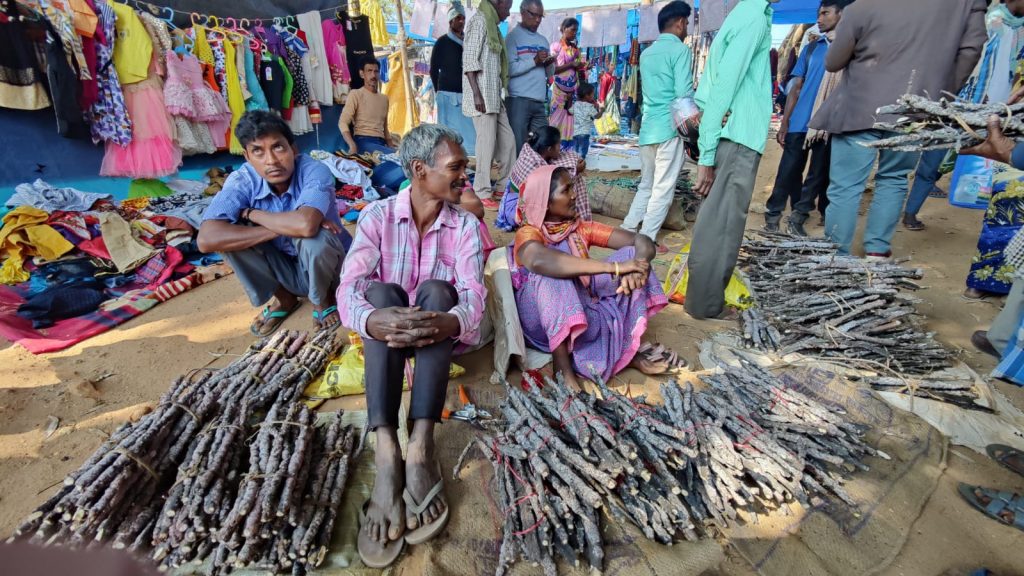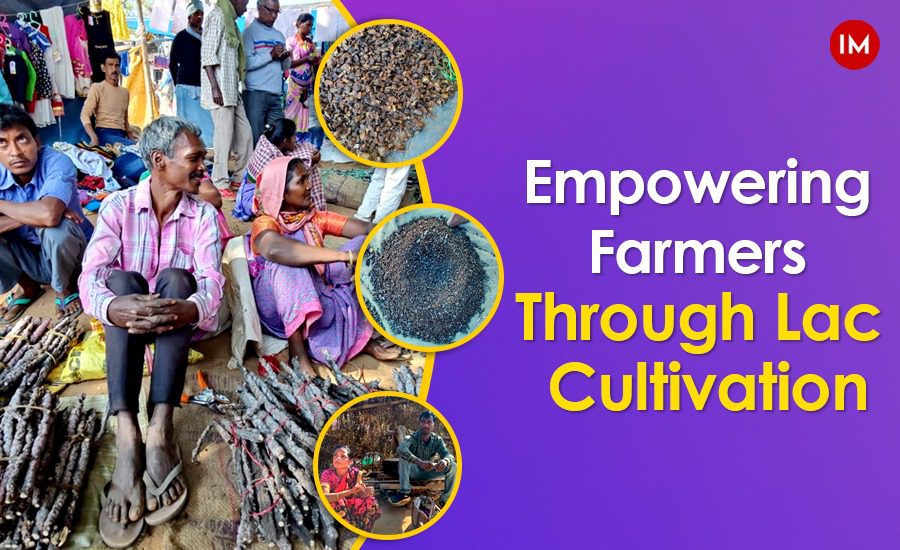It’s lac time in Jharkhand! The state currently produces 9,000 metric tons annually. All because one officer recognised its immense potential and explored various possibilities for its commercial growth, empowering the farmers in the process.
He is Indian Forest Service officer Sanjeev Kumar, who is the Additional Chief Conservator of Forest, CAMPA, and CEO of Sidho Kanho Agriculture and Forest Produce State Federation in Jharkhand. Anticipating further success, he has embarked on a mission to provide more livelihood opportunities to the farmers of the state through extensive lac cultivation.

For the unversed, ‘lac’ is a resinous protective secretion of the tiny insect, Kerria Lacca. It is not only a significant agricultural produce in Jharkhand but also a major source of income for tribal communities, with approximately 29.61 percent of the state’s forest area yielding various Non-Timber Forest Products (NTFPs), including lac.
HOW IT STARTED
Mr. Kumar’s dedication to addressing the issue of farmers resorting to cutting trees for firewood due to lack of alternative employment options, led him to explore lac cultivation as a viable solution. “Recognizing the abundance of lac host trees in Jharkhand’s forests, I formed a group and provided training to individuals interested in lac cultivation,” he told Indian Masterminds. The state, known for its rich reserve of minor forest produce such as lac, silk, mahua, and chironjee, presented an ideal opportunity for this initiative.

TRAINING PROGRAMMES
Taking advantage of the post-paddy season, when farmers have spare time, lac cultivation emerged as a valuable source of additional income. Training programmes were conducted in collaboration with the Lac Research Institute and the Institute of Forest Productivity, with scientists from both the institutions actively engaging with the people of Gumla. The success of this endeavour prompted him to replicate this initiative in Dhanbad too, where he facilitated the formation of self-help groups and emphasized women’s empowerment through their involvement in various lac-related activities, including bangle-making.

BEYOND ECONOMIC BENEFITS
The impact of this initiative extends beyond economic benefits. By providing a means of peaceful income generation, many individuals in the region were dissuaded from turning to Naxalism, thus contributing to the overall security and stability of the area. “My efforts were acknowledged through two awards that I received during my tenure as DFO in Dhanbad, granted by the Lac Research Institute and the University of Praygraj, respectively, for engaging over 5,000 people in lac cultivation,” Mr. Kumar mentioned.

JAMSHEDPUR TO RANCHI
Following his transfer to Jamshedpur, an industrial town in Jharkhand, Mr. Kumar continued his work, witnessing the enthusiastic participation of thousands of individuals in lac cultivation. Now stationed in Ranchi, the capital city, he aims to expand this initiative state-wide, envisioning self-help groups and village-level training in all districts, along with specialized training at the Lac Research Institute in Ranchi, and value addition training.
COMPREHENSIVE TRAINING
The training programmes cover essential aspects of lac cultivation, such as the evacuation of lac, proper timing for insecticide application, and the production of bangles and other decorative items. The impact of these efforts is evident as lac cultivation has witnessed remarkable growth, with Jharkhand currently producing 9,000 metric tons annually. The officer believes that with continued support, the state has the potential to achieve a production level of 16-17,000 metric tons.

PROTECTING BIODIVERSITY & CLIMATE
The significance of lac cultivation extends beyond its economic benefits. As a minor forest produce, it fosters a sense of connection to the forest, encouraging sustainable practices and the protection of biodiversity. “Lac host trees require a conducive ecosystem, leading to the growth of other trees and an overall increase in biodiversity” the officer added.
TRANSFORMATIVE IMPACT
The success of lac cultivation in Jharkhand exemplifies the transformative power of empowering local communities while promoting sustainable practices. IFS officer Sanjeev Kumar’s dedication and vision have not only improved the livelihoods of farmers but also contributed to the preservation of forests and the overall well-being of the region. With the ongoing efforts and collaboration, Jharkhand has the potential to become a leading producer of lac, further boosting rural economies and environmental conservation.




































